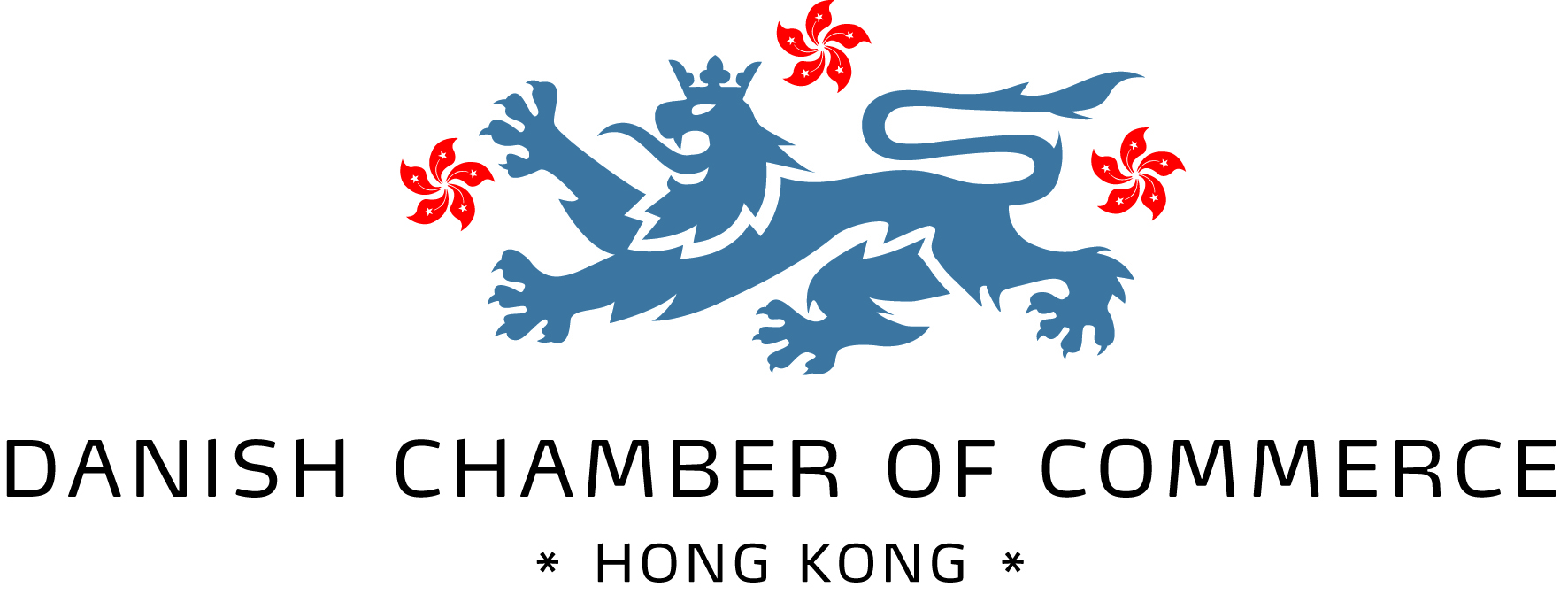- Home
- community event
- webinar series staying dialogue china social rebalancing
Webinar Series: Staying in Dialogue with China Social Rebalancing

Institutional reforms kick-started in 1978 enabled China’s rapid catch-up. These reforms, however, were applied selectively and thus the development has been heavily skewed towards China’s coastal areas. So, despite officially having eradicated absolute poverty in 2021, the Gini coefficient for the country’s income distribution still stands at 0.467 (2022), much higher than the average 0.35 average in Asia.
In 2020, the late premier Li Keqiang reminded everybody that China still has 600 million people living on a monthly income of 1,000 yuan (US$140), “barely enough to cover monthly rent in a mid-sized Chinese city”. President Xi likewise conceded that “unbalanced and inadequate development remains a pronounced problem”. Problems are thus manifold: domestic household consumption remains structurally subdued, migrant workers still don’t enjoy the same public services as regular urban residents do, and birth rates have been falling rapidly - also due to higher costs of living.
Coming out of the Third Plenum, the mid-year July Politburo meeting as well as the Beidaihe leadership conclave, what are Beijing’s - possibly readjusted - policy priorities and recipes to address these social policy challenges? How has “Common Prosperity” already become a policy reality? What are first learnings from its pilot in Zhejiang province? How will China’s lower-class workers be protected, allowed to unionize and taxed in the future? How can social rebalancing contribute to long-term goals such as stimulating consumption and reviving birth rates?
Register HERE
